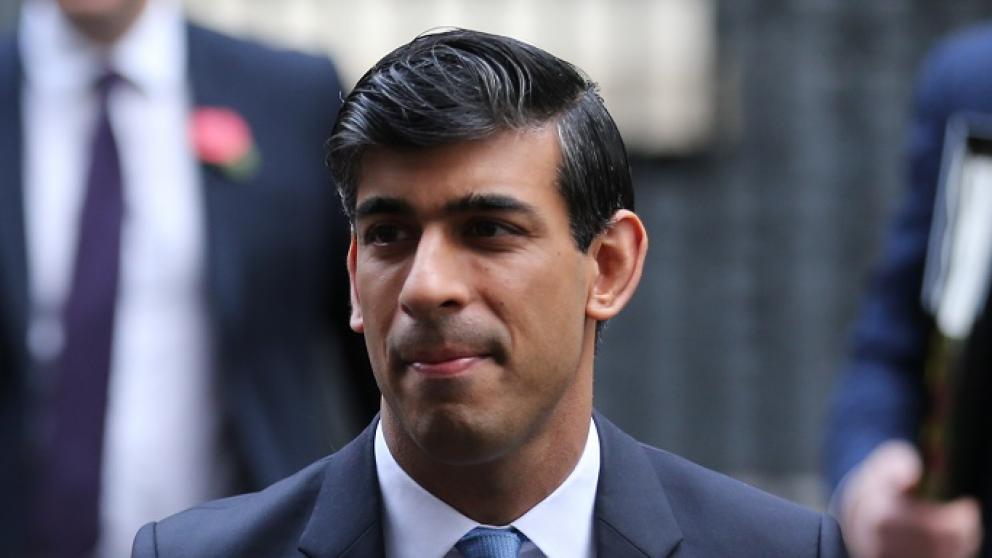
After the Prime Minister’s announcement of the Government’s “roadmap to cautiously ease lockdown restrictions in England”, wisely following the data rather than dates, we are now waiting for next Wednesday when the Chancellor Rishi Sunak will set out the UK’s economic response to the unprecedented challenges posed by COVID-19 and Brexit. So, what should we expect, from the budget this spring?
Dr Maria Rana, economics and finance expert from the University of Salford Business School, looks at what the options are for the Chancellor.
Dr Rana said: “ONS' latest figures show an increase in the economy by 1.1% in December and 1% in the period between October and December 2020, with the UK avoiding a double-dip recession. However, the overall picture is not as ‘rosy’. The UK’s national income, in fact, decreased by 9.9% last year, which is the deepest contraction since records first began and one of the worst among G7 economies.
“Additionally, while in 2021 the world economy is expected to grow at a faster rate (i.e. 5.5%) than formerly anticipated, the economic recovery of the UK has, instead, been downgraded by the IMF (from 5.9% projected in October 2020 to 4.5% as forecasted in January 2021).
“The job market data do not look better. According to the figures published by ONS, in the three months to December 2020 the UK unemployment rate raised to an almost five-years record high of 5.1%, with the youngest hit the most. This figure is expected to increase further to 7.5% or even 10% after the job support scheme ends.
“The Institute for Fiscal Studies, has urged the UK’s Government to “look at the budget to secure the recovery and not to fix the public finances”. This must remind us that the budget this spring is still a budget that should focus on tackling the economic emergency and the pandemic, with no room to increase taxes. In fact, despite the successful rollout of the vaccine programme, and with COVID-19 cases and deaths continuing to fall, a very high level of uncertainty still remains.
“According to the Treasury, the budget will “set out the next phase of the plan to tackle the virus and protect jobs”. The hope is that this time the emergency spending can be ‘well-targeted’ to ensure sustainable and inclusive economic growth.
“Also the International Monetary Fund has recommended governments around the world to implement “policy actions that should ensure effective support until the recovery is firmly underway,” as well as to focus on expanding provision of healthcare and implement appropriate welfare policies to protect the most vulnerable in our societies, so that the expected increase in inequality within countries can be contained.
“We can expect a roll on of the furlough scheme, which will be gradually lifted with the easing of the lockdown and reopening of the economy. As an attempt to save the UK high street, we could see an extension of business rate holidays for the retail sector and also for hospitality and leisure. An extension of the 5% VAT cut for these sectors, most hardly hit by the pandemic, is also possible.
“Undoubtedly, a more adequate financial support needs to be provided to those who need to self-isolate (i.e. an increased statuary sick-pay), as well as to 3.8 million people who are currently excluded from Universal Credit. The £20 pounds weekly increase in Universal Credit could also and hopefully be extended. Future increases in corporation tax targeted to e-commerce giants might be introduced later in the year.”
For all press office enquiries please email communications@salford.ac.uk.
Share:
